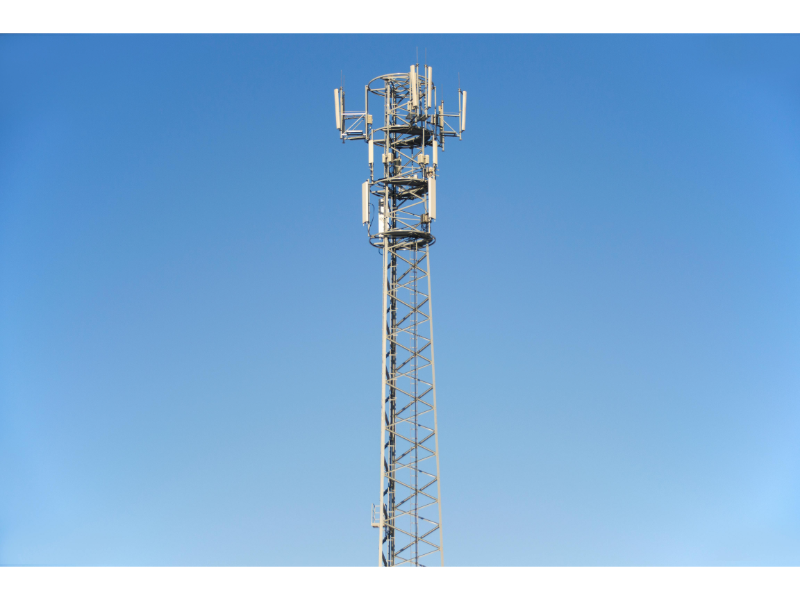- US telcos, including AT&T, Verizon, and T-Mobile, respond to California wildfires by enhancing communication services and waiving charges.
- T-Mobile and Starlink launch direct-to-cell connectivity to deliver emergency alerts in affected areas, aiding disaster recovery efforts.
What happened: California fires prompt telecoms response
In early January 2025, devastating wildfires swept through large areas of Los Angeles, leaving thousands homeless and in urgent need of assistance. The intensity of the fires, exacerbated by strong winds and dry conditions, has caused significant destruction to housing and infrastructure. In response, major US telecom companies, including AT&T, Verizon, and T-Mobile, have mobilised resources to support those affected.
They are focused on maintaining communication channels, which are crucial during emergencies. T-Mobile and Starlink recently launched a beta-testing service that allows direct-to-cell connectivity, enabling emergency alerts and SMS in the impacted areas. AT&T is reinforcing its FirstNet emergency response network, while Verizon has waived call and data charges for affected customers, demonstrating a commitment to community support during this crisis.
Also read: Government waives bank guarantees, freeing capital for telcos
Also read: Telcos unlock revenue with network APIs for 5G
Why this is important
The response of US telcos to the California wildfires highlights the critical role that telecommunications play during natural disasters. In times of crisis, maintaining communication is paramount for coordinating emergency services and keeping the public informed.
The innovative launch of direct-to-cell services by T-Mobile and Starlink represents a significant advancement in emergency communication technology, showcasing how telecoms are evolving to meet urgent needs. This incident also reflects a broader trend in the industry, where companies are increasingly recognising their social responsibilities.
As natural disasters become more frequent due to climate change, the ability of telecom providers to adapt and innovate is essential. The waiving of charges by Verizon and AT&T’s commitment to their FirstNet network illustrates the industry’s focus on customer care, especially in high-stress situations.
This approach not only aids those directly affected but also strengthens brand loyalty and public trust. Furthermore, these actions may inspire other sectors to prioritise community support in their operational strategies, fostering a culture of corporate responsibility that could redefine industry standards. As the landscape of telecommunications continues to evolve, the lessons learned from these events will shape future responses to crises, ensuring that technology remains a lifeline in times of need.

